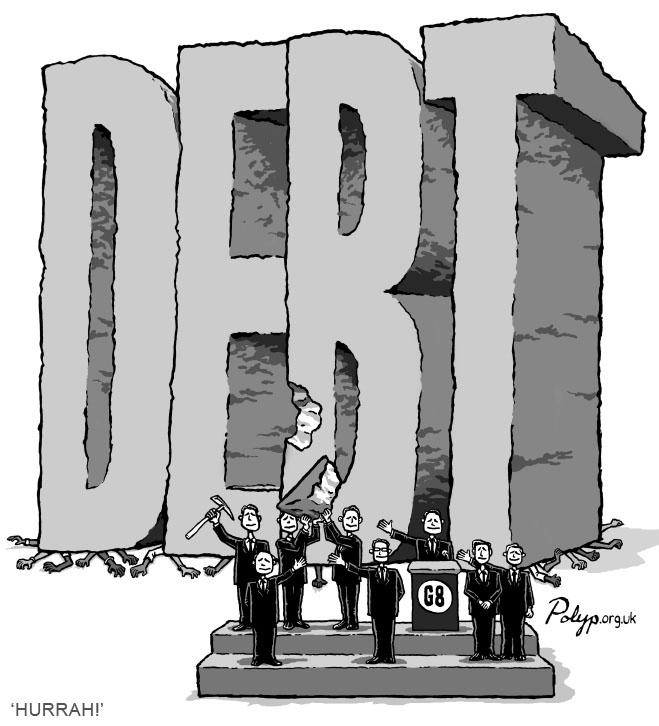J. Bradford DeLong writes: For the past 25 years, a debate has raged among some of the world’s leading economists. At issue has been whether the nature of the business cycle underwent a fundamental change after the end of the “30 glorious years” that followed World War II, when the economy was characterized by rapid growth, full employment, and a bias toward moderate inflation. Three positions have been staked out.
First out of the gate, in 1991, was Larry Summers, with his seminal paper, “How Should Long-Term Monetary Policy Be Determined?” Summers was unconvinced that the underlying economic reality had changed, so his focus was technical – an attempt to guard against a repetition of the inflationary disturbances of the 1970s that marked the end of the glory years. His prescription was to strengthen the technocratic independence of central banks.
The debate continued with Paul Krugman’s 1998 paper, “It’s Baaack: Japan’s Slump and the Return of the Liquidity Trap” and his book The Return of Depression Economics, published the following year. Krugman made the case that central banks had already succeeded in anchoring inflation expectations to low levels, but had nonetheless failed to put the economy back on track.
Then Ken Rogoff entered the fray with a comment on Krugman’s paper. In Rogoff’s view, what Krugman described as a long-term return to “depression economics” was a temporary condition, the consequence of failures to regulate properly and curb debt accumulation.
Today, a degree of consensus has emerged. There is no longer much point in questioning whether the glory days are over. The models and approaches developed to understand the post-war business cycle and its bias toward moderate inflation are worse than useless today. Disagreement among economists nowadays reflects different positions not so much on the state of the economy, but on whether macroeconomic policy can provide an effective cure.
Summers has more or less abandoned his belief that central banks can, will, and perhaps even should attempt to prevent the return of depression economics. Central banks might have been able to attain the technocratic ideal of macroeconomic business-cycle management that Summers hoped for back in 1991, but they failed to do so. In Summers’s view governments need to assume greater responsibility for risk-bearing, long-term planning, and investment. Indeed, those governments lucky enough to issue the world’s reserve currencies are able to take on this role without overloading future taxpayers with inordinate debt burdens.
Whichever policies – macro or micro – turn out to work best for addressing today’s economic problems, one thing has become abundantly clear: optimism is out of fashion.

